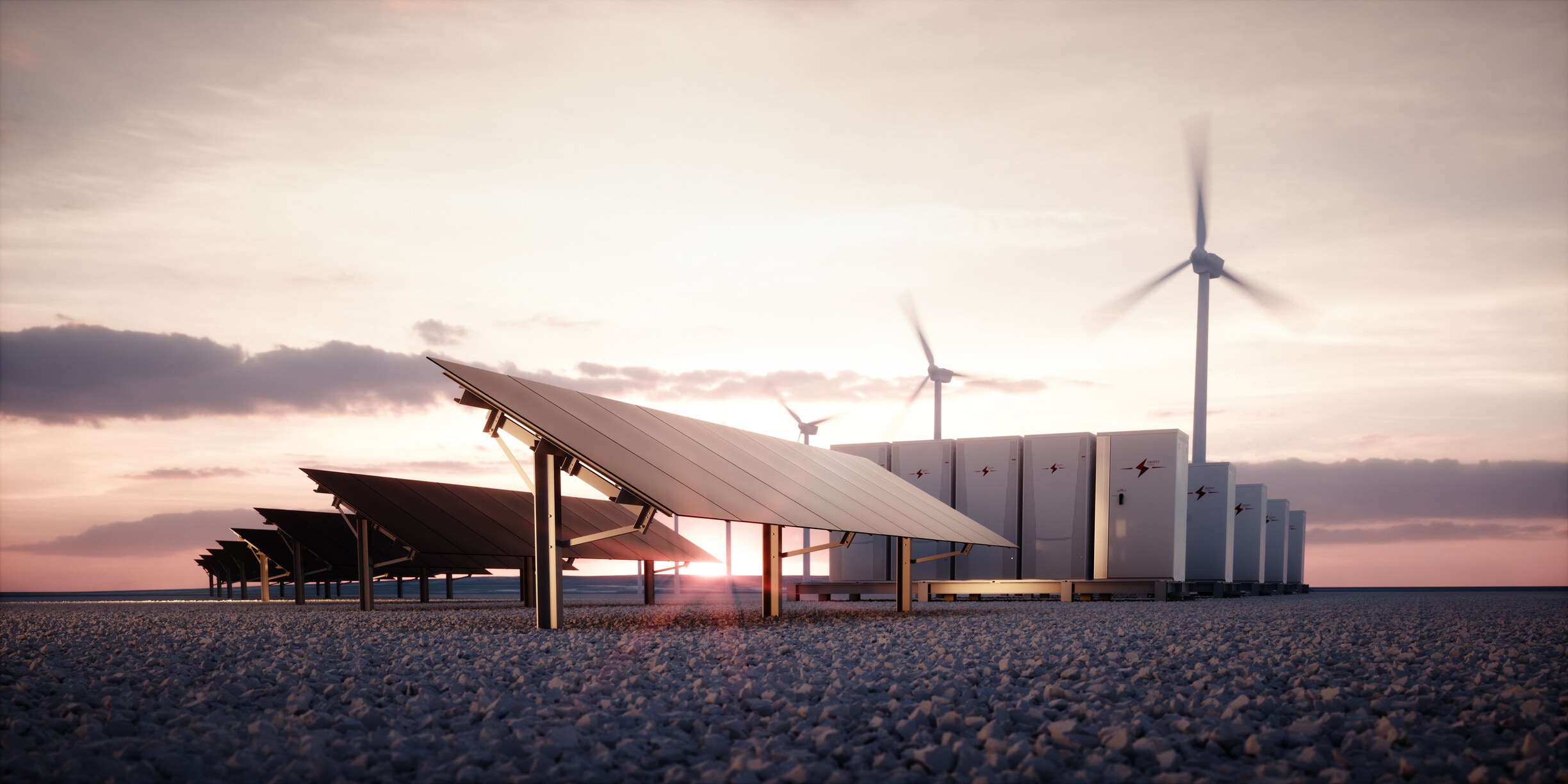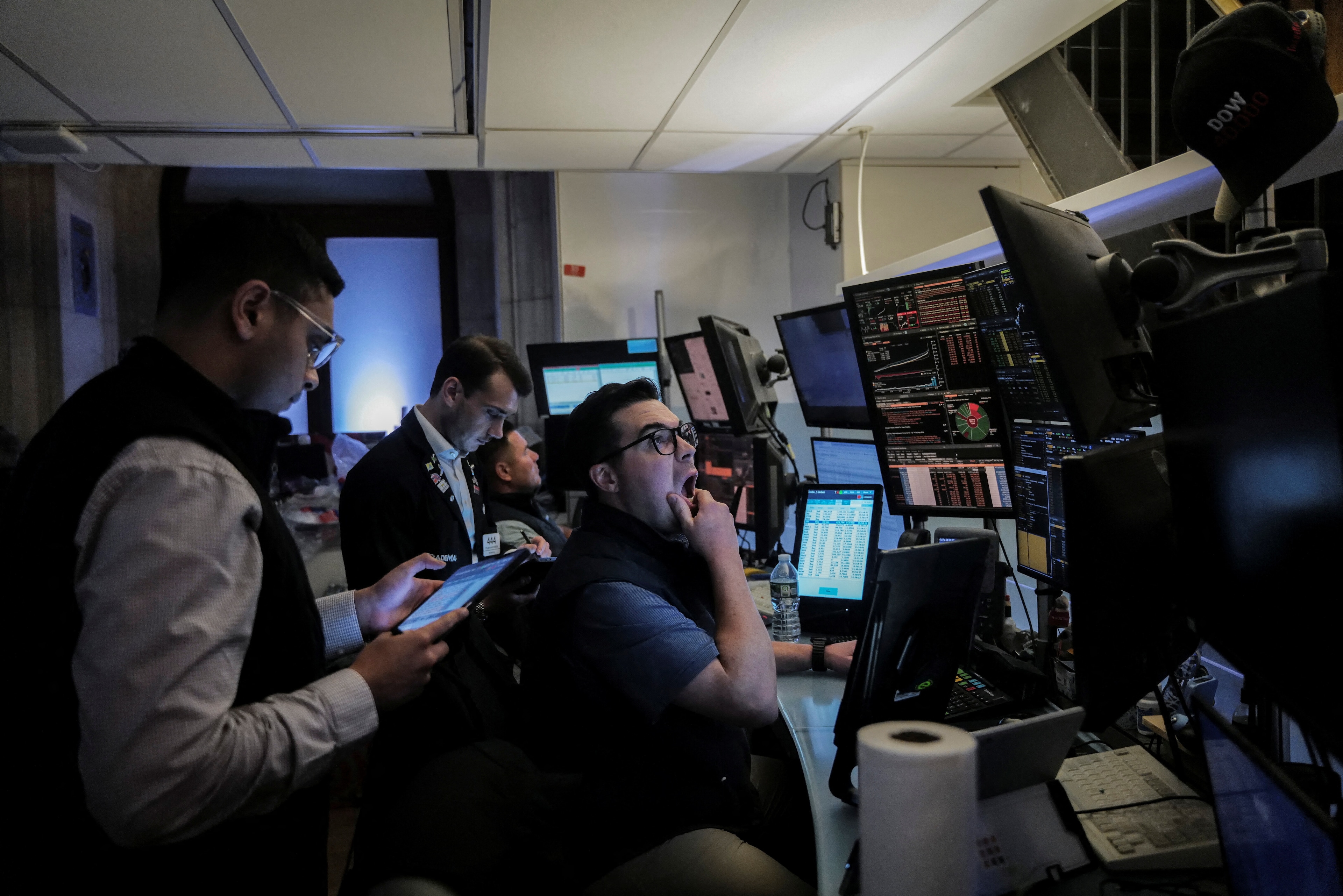What is needed for inclusive and sustainable global economic growth? Four leaders share their thoughts
The Forum’s Future of Growth Initiative is a two-year campaign to help decision-makers balance innovation, inclusion, sustainability, and resilience in a new economic era.
Image: Unsplash/Matthew Henry
- A just energy transition was a key topic of discussion at the World Economic Forum’s Special Meeting on Global Collaboration, Growth and Energy for Development.
- Four of the world’s leading voices on the issue shared their approaches during the event in Riyadh.
- The Forum’s Future of Growth Initiative is a two-year campaign to help decision-makers balance innovation, inclusion, sustainability, and resilience in a new economic era.
The ubiquitous nature of global warming means a just energy transition is essential. But how do we balance that need for decarbonization alongside the need for growth?
That was a key discussion point at the World Economic Forum’s Special Meeting on Global Collaboration, Growth and Energy for Development in Saudi Arabia. Throughout the Meeting, public and private sector leaders discussed how to use the energy transition as an opportunity to close the Global North-Global South divide.
We spoke to four of the world’s leading voices at the event on the need for a just energy transition. Here’s what they had to say.
The role of climate finance
The first step on the road to inclusive economic prosperity is for countries to fulfil climate change finance pledges, H.E. Wamkele Mene, Secretary General of the African Continental Free Trade Area, said.
Climate change finance will, according to Mene, “enable developing countries, and enable African countries in particular, to deploy green technologies, for green industrialization”.
He added: “That will enable them to continue on a growth path and hopefully even accelerate that growth and industrial development path.”
Trillions of dollars of finance will need to be deployed, Mene said, but there are also opportunities for investors to see a return on the investment they put into green technology in Africa in areas like renewable energy and hydrogen production.
“That's a very good and positive incentive for us to work together to deploy this capital in a way that will enable African countries to overcome this crisis,” Mene said.
Marrying sustainability and security
Solving sustainability challenges inclusively goes hand in hand with solving security challenges, according to Alaa Murabit, Director of Global Programs, Advocacy, and Communications at the Bill & Melinda Gates Foundation.
“A lot of our emerging and re-emerging conflicts are anchored in resource conflict,” she explained. “A lot of them are anchored in the fact that people don't feel like they have dignified opportunities for work and they can’t feed their families. That becomes this perpetual instigator.”
Using a medical analogy, Murabit said that if somebody has a deep infection, you wouldn’t just put a plaster on it, as a few weeks later the infection may have gone deeper requiring more drastic treatment like amputation. However, the pain and challenge can be curbed by observing the infection, investigating it, identifying the underlying problem and treating it at the first opportunity.
“I think that is what the marriage of looking at sustainability and security looks like,” Murabit said. “It is doing the painful investigation, it's doing the debridement, it's rebuilding — as costly and time-consuming as that is.”
How is the World Economic Forum facilitating the transition to clean energy?
Universal conversation
For Melissa C. Lott, Professor of Practice at Columbia University’s Climate School, it is vital that everyone is in the conversation to ensure an inclusive and sustainable energy transition.
“If we don't have everyone in the conversation and able to benefit from that transition, then we end up in a rough spot and we don't make progress, certainly not at the speed and scale we're talking about when we talk about the Paris Agreement,” said Lott, who also serves on the United Nations Council of Engineers for the Energy Transition.
Lott added that maximizing efficiency would help bring about an inclusive transition. “It's about making sure that we're as efficient as possible, as we make sure that everyone in this world has access to the energy they need to thrive, to have the opportunities in life that they want to have,” she said.
A new global constitution
“We need to go back to a more regulated world,” Joyeeta Gupta, the professor of Environment and Development in the Global South at the University of Amsterdam, said when asked how to ensure a just and inclusive energy transition.
“For some time now, we've been focusing on deregulation and giving power to companies and to people to self-regulate. I don't think that's going to work,” she continued.
“I think we need to come back to a situation where we are regulating chemicals because of their impact on nature and people. We're also going to be regulating greenhouse gas emissions and the destruction of biodiversity because these things impact everybody.”
To enable that, Gupta called for a global constitution that safeguards people’s right to water, food, energy, infrastructure, education and health care.
The Forum’s Future of Growth Initiative is a two-year campaign to help decision-makers balance innovation, inclusion, sustainability, and resilience in a new economic era. Launched during Davos in January 2024, its key aims are to open country dialogues for progress assessment and identify public-private collaboration opportunities to unlock new growth pathways within the Future of Growth Framework.
Accept our marketing cookies to access this content.
These cookies are currently disabled in your browser.
Don't miss any update on this topic
Create a free account and access your personalized content collection with our latest publications and analyses.
License and Republishing
World Economic Forum articles may be republished in accordance with the Creative Commons Attribution-NonCommercial-NoDerivatives 4.0 International Public License, and in accordance with our Terms of Use.
The views expressed in this article are those of the author alone and not the World Economic Forum.
Related topics:
Forum Stories newsletter
Bringing you weekly curated insights and analysis on the global issues that matter.
More on Economic GrowthSee all
Chavalit Frederick Tsao
August 19, 2025
Laurel Taylor
August 18, 2025
Yufang Jia and William Jernigan
August 18, 2025
Antara Choudhury and Vivin Rajasekharan Nair
August 14, 2025
Atul Kumar
August 12, 2025




